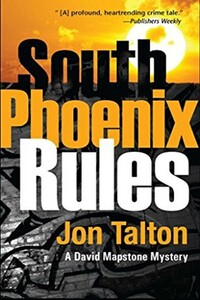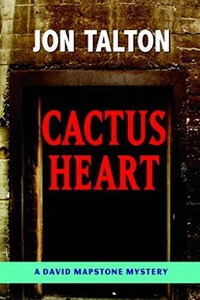The Pain Nurse | страница 15
“You look good.”
Will knew it was a lie. Mueller started to clap him on the shoulder, then seemed to think better of it. His hand hung between them awkwardly. They awkwardly shook hands. Steve Mueller was around forty, wearing chinos, tie, and wool sport coat. He had a close-cropped halo of blond hair ringing his baldness and the look of a faded high school football player. He had a bristly peach-colored mustache. Growing up on the west side, he had played football for Elder, and had never been farther than Chicago. In other words, he had the resumé of nearly everyone who rose to command in the Cincinnati Police Department. It was one more reason Will would never move ahead. He was Scots-Irish Protestant in a German Catholic town.
“Can I wheel you somewhere, so we can talk? Where’s that pretty wife of yours?”
“She’s working. I can wheel myself.” And Will could, until he started hurting too badly. “There’s a Starbucks down by the lobby.”
“How are you two doing? You and Cindy.”
“We’re okay. We’re good.”
“That’s good.” Mueller sounded skeptical. Then: “Love conquers all, huh?”
After a few minutes, they had navigated the crowded hallways, out of neuro-rehab, down the corridor behind the emergency room and into the bright, glassy expanse of the main concourse.
“So Dodds is working this homicide?” Will asked after they had coffees. He clutched his cup in both hands.
“How you doing?” Mueller countered.
This innocuous question had assumed the complexity of quantum physics. Before the tumor, Will could give the expected answer without a thought. Nobody really wanted more. Doin’ fine. Now everything about his life was contained in the unstated. No matter how hard he worked, he could barely move his left leg, his most violent command from the brain translating into a murmur in his toes, like a broken clock pendulum. Vast tracts of his belly, buttocks, and right leg were dead to the touch, as if a deranged dentist armed with Novocain had repeatedly attacked him. He was put in the shower so rarely, and getting in was so painful, that he could smell himself like some street person he used to roust. He was constipated. He hurt for hours. Every movement was difficult. Nobody wanted to hear all that.
He said, “I’m okay. The docs seem pleased. The tumor was not malignant. They think they got it all. I need to get into rehab.” He knew he was lucky or blessed to be alive, that he could have been killed or put into a wheelchair permanently. Yet he felt exhausted. He was working hard to keep it from showing.


